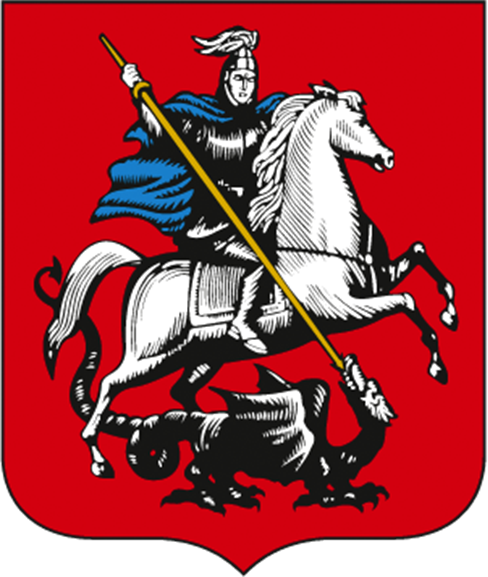Ivan Popovsky, the director, made Carmen smoke.
Since Galina Vishnevskaya did not accept the new version of
Eugene Onegin in the Bolshoi Theatre, it became clear that Prima Donna would not admit to her Opera Centre directors, ill-wresting the classics. That is why, the premiere of Carmen in the Opera Centre on last Saturday, aroused special interest: will Ivan Popovsky, the director, manage to observe the classical etiquette and bring something new into the performance?
Taking up Carmen, Popovsky faced a challenge. Since 1875, when a scandal burst out at the premiere of the opera, majority of the directors try to interpret it in some extravagant way.
Carmen’s plot has been turned inside out and has been modified with shocking details more than once. For example, in the version by the Perm Theatre, performed at the last “Zolotaya Maska” festival, the soldiers were taking shower in skin-color tights, and the tavern, where the smugglers gathered, turned into a cheap soldier’s brothel. It would be strange to stage a genuinely classical version of Carmen ignoring its surroundings. However, the director could not afford much of an experiment: Vishnevskaya does not accept interpretations that distort or make too modern the score.
Popovsky has found a brilliant way out of the situation, staging a dynamic, spectacular performance, and has managed to reproduce the atmosphere of the crowded squares of Seville and the steep slope of the Pyrenees on the small stage of the Opera Centre. In his version the mise en scenes are pierced by the music and pedantically agree with it. Although, in Merime’s novel, which is the basis of the libretto, Carmen herself came up to Jose, in Popovsky’s version the character to go first is that whose theme is played by the orchestra. Sometimes the director fills the stage with actors to make an impression of a crowded square, sometimes he passes from the general view on to close-up, leaving Carmen alone with Jose or the toreador. Now and again knives glisten on the stage and serious passions arouse.
Pleasing the pure classic-lovers, Popovsky added some touch of irony to what is going on at the stage. Carmen performs a hypnotist’s passes with her arms, lights up a cigarette (a lot of admirers reaching out for her with lit matches, the chorus during the Habanera throws up oranges, and female workers of the tobacco factory after the scandal are dragged along by the soldiers to the backstage. Everything is real on the stage and, at the same time, it leaves a feeling of some kind of a parody of the unshakeable classical traditions.
Carmen (Oksana Kornievskaya) manages to exist in these co-ordinates best than anyone else. The young singer has all the makings of a Prima Donna: a beautiful voice, showy looks, and artistry that sometimes amounts to recklessness. Last spring, Kornievskaya in the opera “Vampuka” got into the orchestra pit brandishing a string-bag with products and nearly knocked the conductor off his feet. Since then she is afraid of nothing at all. Compared to that episode, the tasks facing Carmen are just a little of a trifle. Her character, just like Pushkin’s Don Juan, sincerely falls in love each time, the strength of feelings amazing. Carmen believes that this love if the deepest, true and the very last. With the same sincerity she does not understand what Jose (Oleg Dolgov) wants from her: her love is already over.
To make Carmen “available” to the maximum extent, it is performed in the Russian language and not in the original French with subtitles as it is everywhere. Moreover, Vishnevskaya’s students are distinguished with their clear articulation. However, for Western tours (which will take place, no doubt) the singers have learnt the French text as well.



